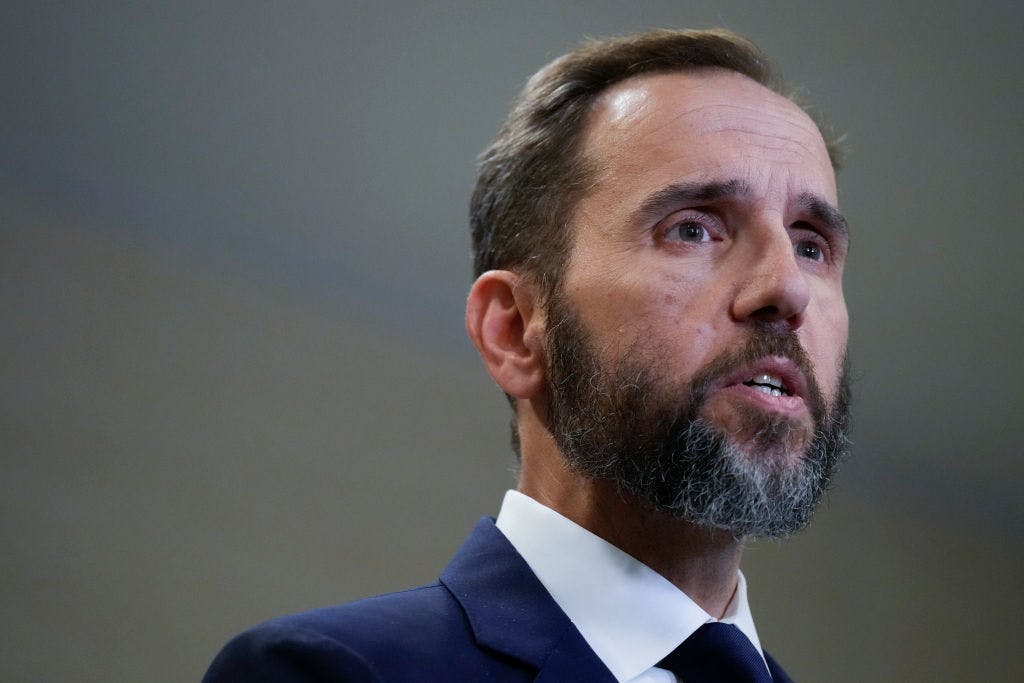Let Jack Smith’s Report Be Buried
Columbia University and the New York Times are pushing for the special counsel’s report on the Mar-a-Lago case to be publicly released.

Ordinarily a newspaper would favor releasing a controversial document absent some showing in respect of national security. On Special Counsel Jack Smith’s dossier on his pursuit of President Trump and two of his employees, though, we’re of the view that the best part of valor is to bury the report in as deep a hole as Attorney General Bondi can dig — even if the lawsuit to release the papers is being pursued by the Times and the Columbia’s Knight Institute.
That the Smith report is still a mystery is contrary to the wishes of Attorney General Garland. He wanted Mr. Smith’s volume on January 6 released to the public — it was — and the section on Mar-a-Lago distributed only to congressional leaders in camera. “What’s the urgency?” Judge Aileen Cannon in Florida asked the weekend before Mr. Trump took the oath. The documents case was then on appeal against Mr. Trump’s co-defendants.
Judge Cannon acknowledged that Messrs. Smith and Garland wanted the report released, but weighed their case for disclosure against what rested “on the other side of the balance” — two individuals, “each with constitutional rights to a fair trial, who remain subject to a live criminal appeal.” She wrote that there was “not one instance” of a special counsel report being released under such circumstances. Mr. Smith was already out the door by then.
President Trump’s Justice Department then nixed Mr. Smith’s appeal of Judge Cannon’s dismissal of the case. She discovered doctrinal defects in the special counsel’s appointment. Now that the defendants are free and clear, reason Columbia and the Times, it’s time to roll out the report and muddy up the 47th president. Knight cites “common law and First Amendment rights of access” and declares that “there is no longer any justification” for secrecy.
Hmmmm. The special counsel regulations delegate discretion over the report’s release solely to the attorney general to, as far as we can tell, solely Ms. Bondi. The report is even called “confidential,” meaning that in the first instance it is for the attorney general’s eyes only. The attorney general then “may determine that public release of these reports would be in the public interest.” May, not shall — meaning that the call belongs to Ms. Bondi.
The Times’s complaint, filed last month, reckons that “the contents of the second volume are not known but they may be significant: they may … implicate some ‘anticipated’ members of the President’s incoming administration.” In other words, the dossier could have dirt. Knight reasons that because Judge Cannon has read the report, it is now a “judicial record” subject to the scrutiny of the public. That’s a bit of legal legerdemain if ever we saw one.
Lost in the filings from the press is the fact that Messrs. Trump, Nauta, and De Oliveira all still retain the presumption of innocence. The failure of the case against them only reinforces that presumption. Judge Cannon has shared that the report contains “detailed and voluminous discovery information” including “non-public information.” Even a redacted version risks damage to due process that rightfully trumps every other issue in this case.

